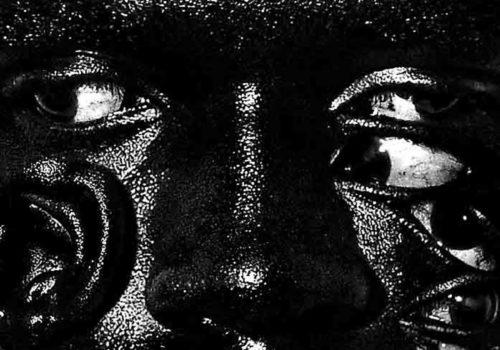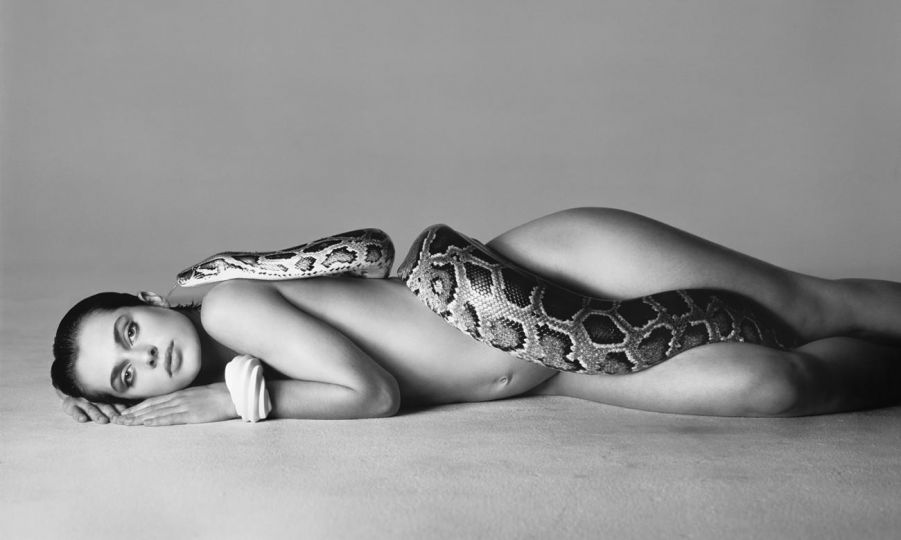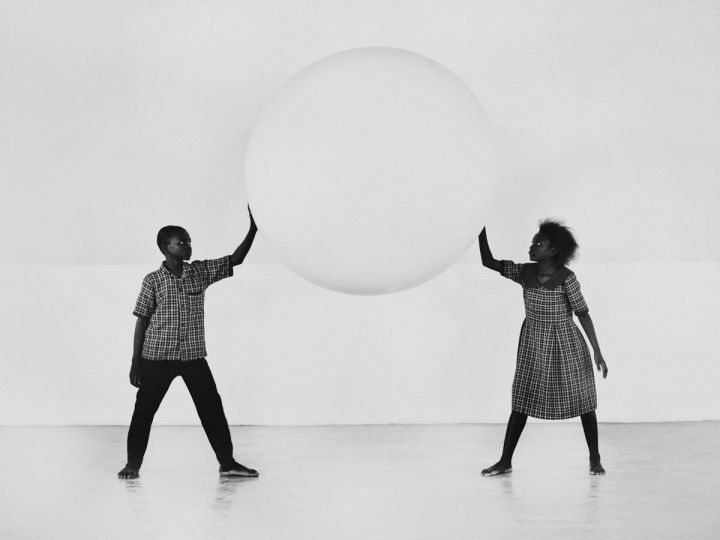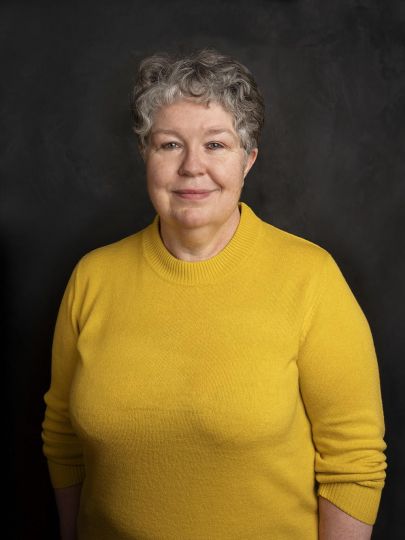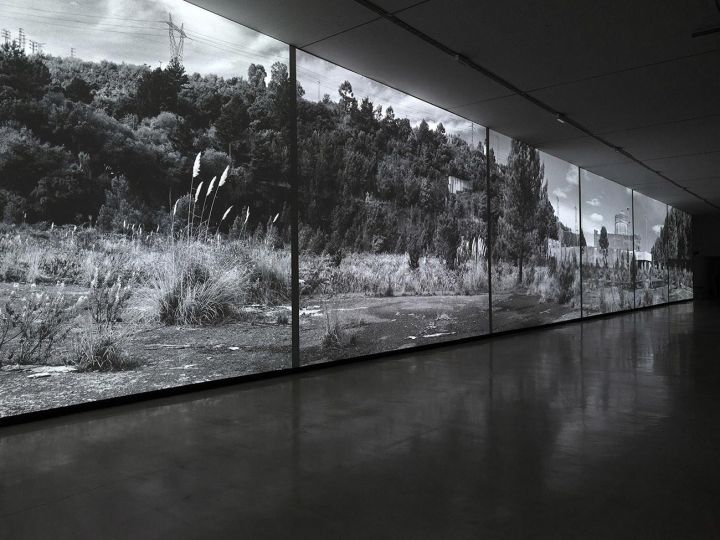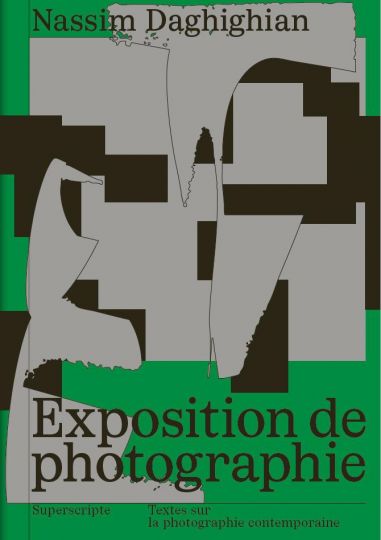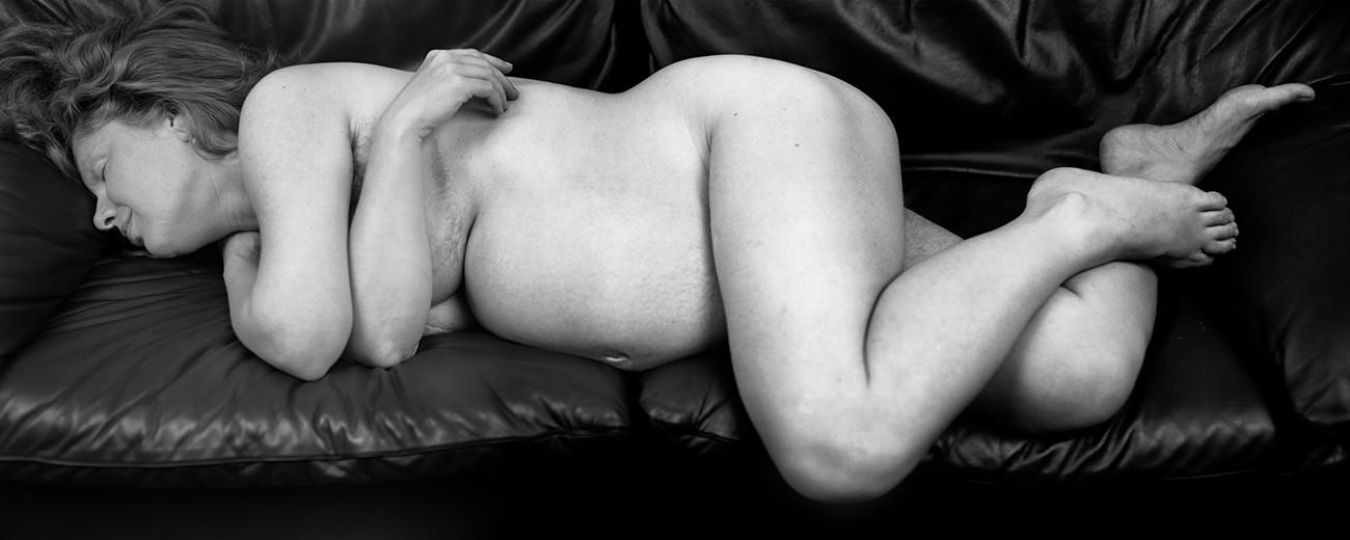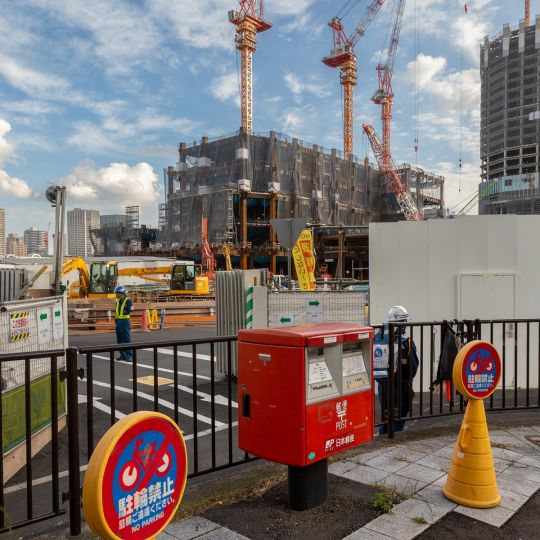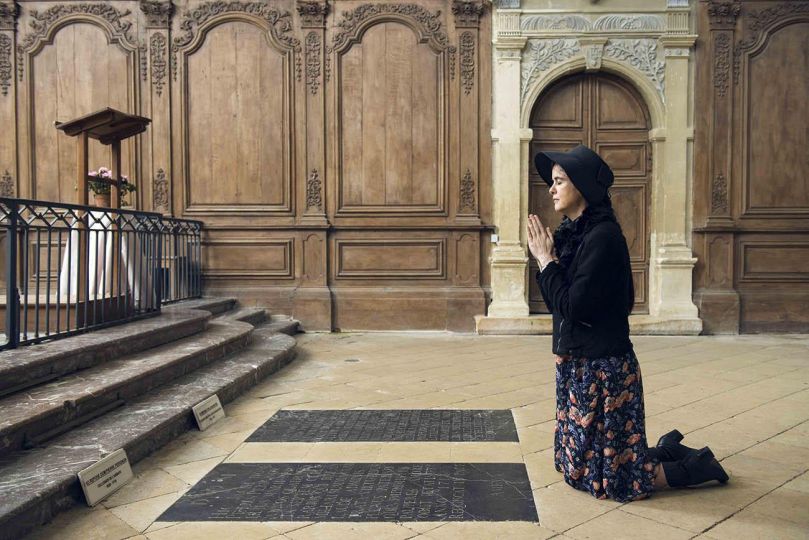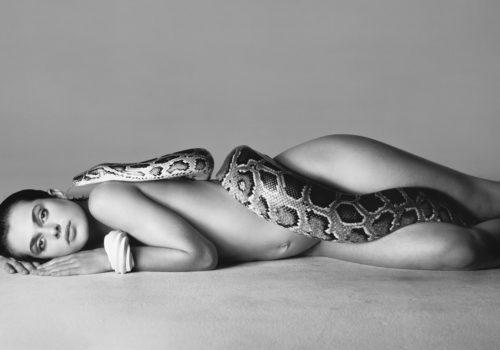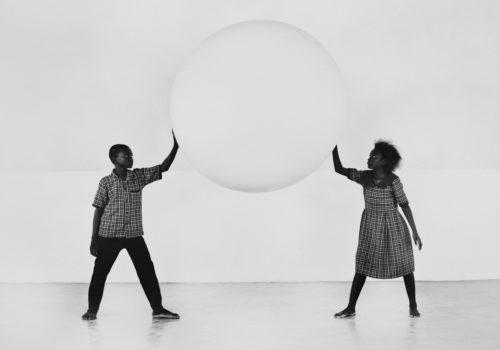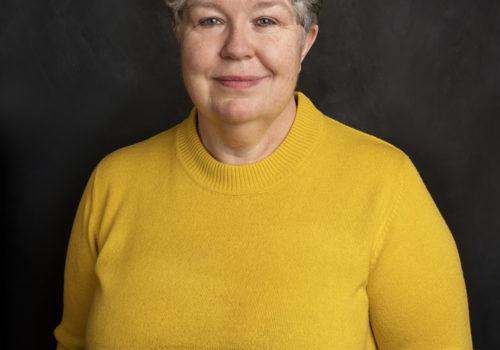Through digitally manipulated self-portraits, I distort the human body to explore notions of sight, perception, and perspective both inward to the self and outward onto the physical world. The work depicts our felt sense of perceptual limitation when we try to physically see the self not in fragmented parts but undivided at one glance. These notions are guided by Milton’s epic, Paradise Lost. The act of reading the poem invites readers to put themselves under the cold eyes of self-examination. Milton forces his readers to see themselves against the unblemished background of the divine and perfect world of paradise. By contrast, we see our own human imperfections. The sight of our imperfections stimulates Transformation, resulting in a non-duelist view of all our parts – accepting of the process between good and evil.
This article is reserved for subscribed members only. If you are already a member, you can log in here below.
Subscribe for full access to The Eye of Photography archives!
That’s thousands of images and articles, documenting the history of the medium of photography and its evolution during the last decade, through a unique daily journal. Explore how photography, as an art and as a social phenomenon, continue to define our experience of the world. Two offers are available.
Subscribe either monthly for 8 euros (€) or annually for 79 euros (€) (2 months offered).

